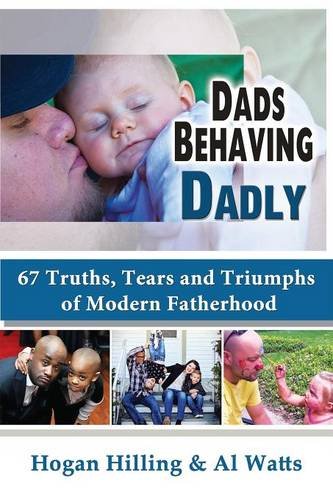I’m unemployed.
I haven’t said those words since Nirvana and Pearl Jam tapped a bulging vein of teen angst 20 years ago and bled it to platinum record sales, but I’m OK with it.
Really, I am.
Granted, back in 1992 I had no wife, no kids, no cat, no mortgage, and no car loans. I was responsible only for myself, which I can’t say in 2012.
Today I have a lovely wife, two wonderful children, a cat who acts more like a dog sometimes, a mortgage, and two car loans. I live the ideal suburban life in Urbana, Md.
But I no longer have a job.
Jan. 27, 2012, was my first day of joblessness after accepting a buyout from The Gazette, the community newspaper I worked at for 19 years. The paper needed to trim expenses in response to lagging ad sales, so I jumped on the lifeboat and am looking for another island on which to land.
And I’m OK with it.
I can’t enjoy joblessness forever, but I’ll make the most of it while I can by writing what I really want to write more than I have in years, by visiting my kids during their school day for lunch or on field trips, and by looking properly for my next job.
So I really am OK, mostly because I still have what matters most in life: my health, my family, and friends who care deeply about us.
And I have faith.
Admittedly, I question the finer points of it periodically, which probably just means I’m human, but when I shut out all the noise of this world, I believe God has a plan and that He has no intention of giving me a sneak peek.
But everything will be OK.
Gavin, my 6-year-old son, reminded me of as much the other night without intending to or even trying. His front tooth had been loose for nearly two weeks, and I had grown weary of it. He pulled away every time I brushed his teeth fearing it would hurt, and he wouldn’t let me anywhere near it.
“It’ll hurt,” he kept saying.
“But it’s going to come out sooner or later, Gavin,” I told him.
“Later,” he responded while walking away briskly to hide behind his mother.
I knew “later” would eventually come, so I didn’t chase him.
As I was brushing his teeth the other night, I saw how loose it was and knew it would come out with the slightest pull. He just had to trust me that it will be OK, even if it hurt a little bit as I pulled it.
But he still wouldn’t let me near him.
“Would you at least move it back and forth with your tongue?” I asked.
He did, and I could see it loosen more.
“Feel how loose it is, Gavin? Just let me tug a little bit, and it will come out. I swear it will.”
He finally relented, but whined as I neared him with a tissue between my fingers. I cradled the tooth with my forefinger and thumb, and pulled quickly despite the undertone of his whine.
Pop!
I pulled away my hand with his tooth firmly in my grasp and not a drop of blood in sight. That tooth was beyond ready to fall out.
“Did it come out?” Gavin asked.
“What do you think?” I replied.
He ran his tongue over the gap in his mouth, and chuckled. “It came out? My tooth is gone?”
I showed it to him, and his eyes widened. “It didn’t even hurt at all,” he said. “I don’t believe it. Mommy, Mommy, my tooth came out!”
As I tucked him in bed 20 minutes later, I asked him if it hurt.
“No, not at all,” he said.
“See? I knew it was ready to come out,” I said. “You just have to trust me. Do you trust me?”
“I do, Daddy.”
As I walked away, I thought of the parallels between Gavin’s tooth coming out and me taking the buyout from The Gazette.
Just as Gavin feared the pain of losing a tooth, I feared the pain of losing a job I enjoyed. He didn’t want to lose his tooth, and if I had my druthers, ad sales would be strong and I’d still have a job editing community news.
But when the time is right, teeth will fall out without blood or tears, and career changes will happen without pain. I just have to have faith and trust that everything will be OK.
If Gavin can do it, so can I.


